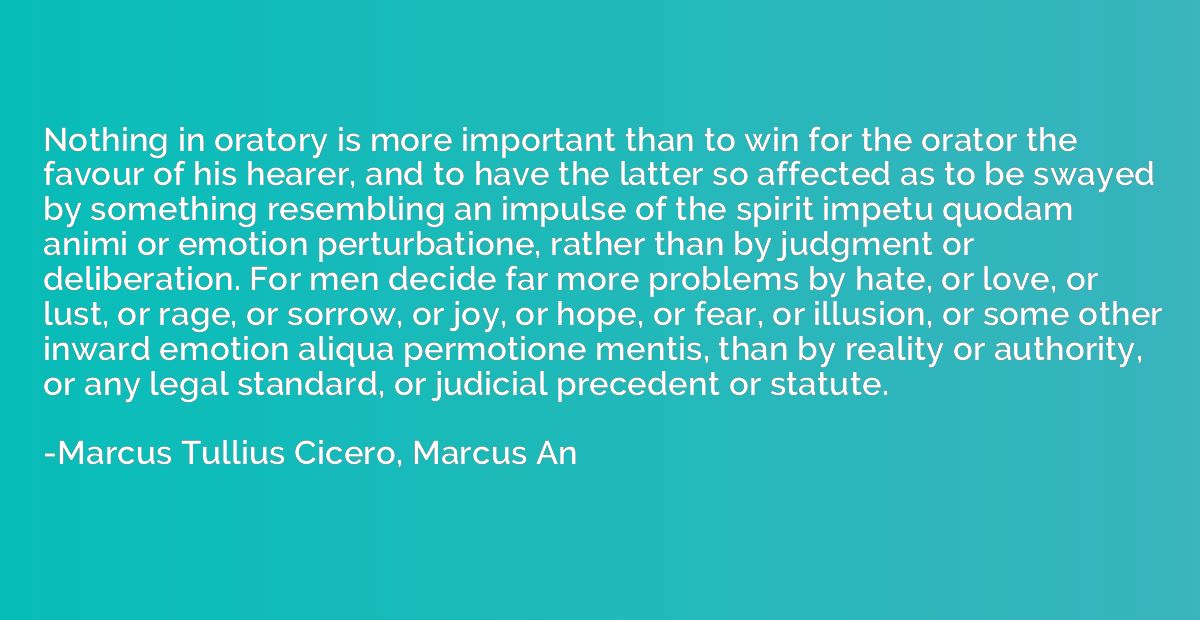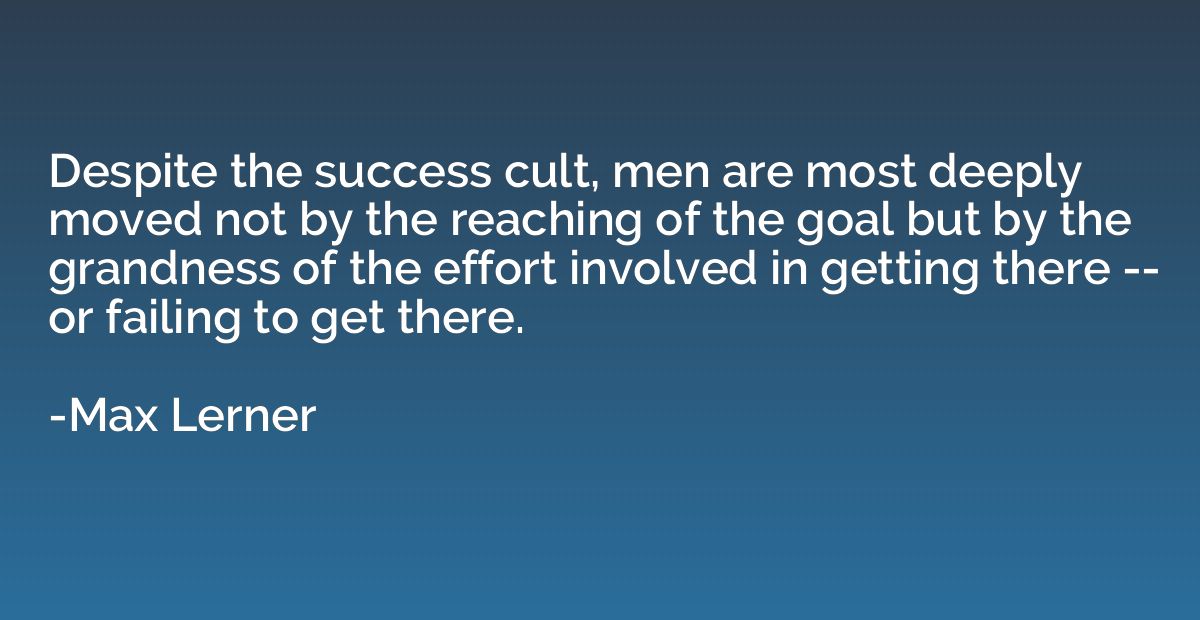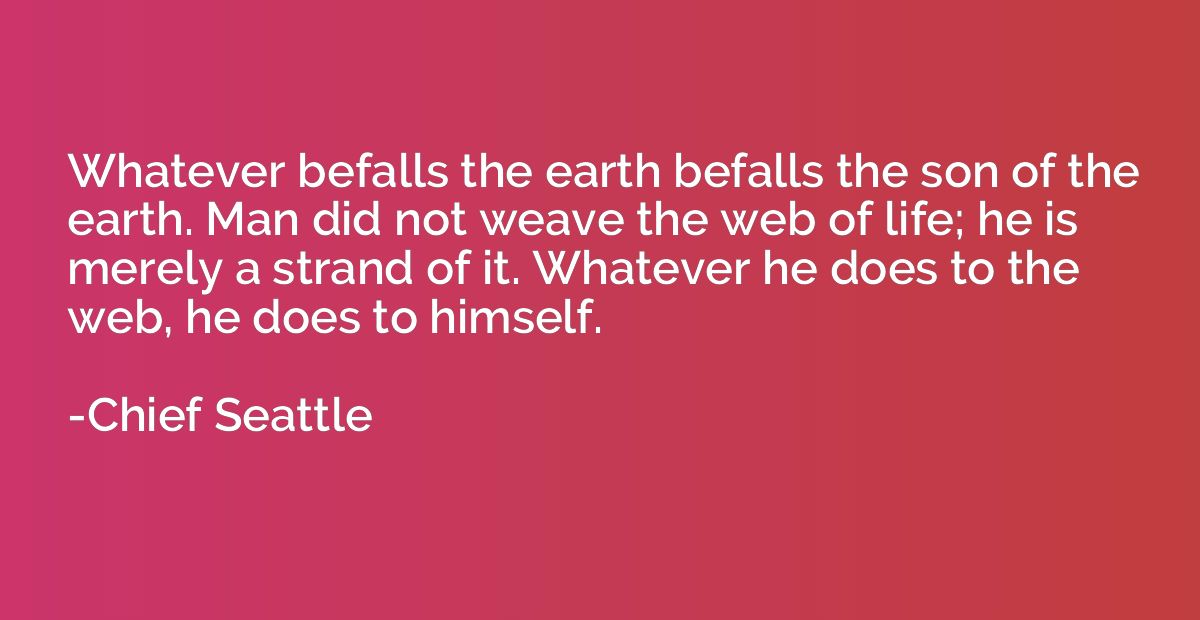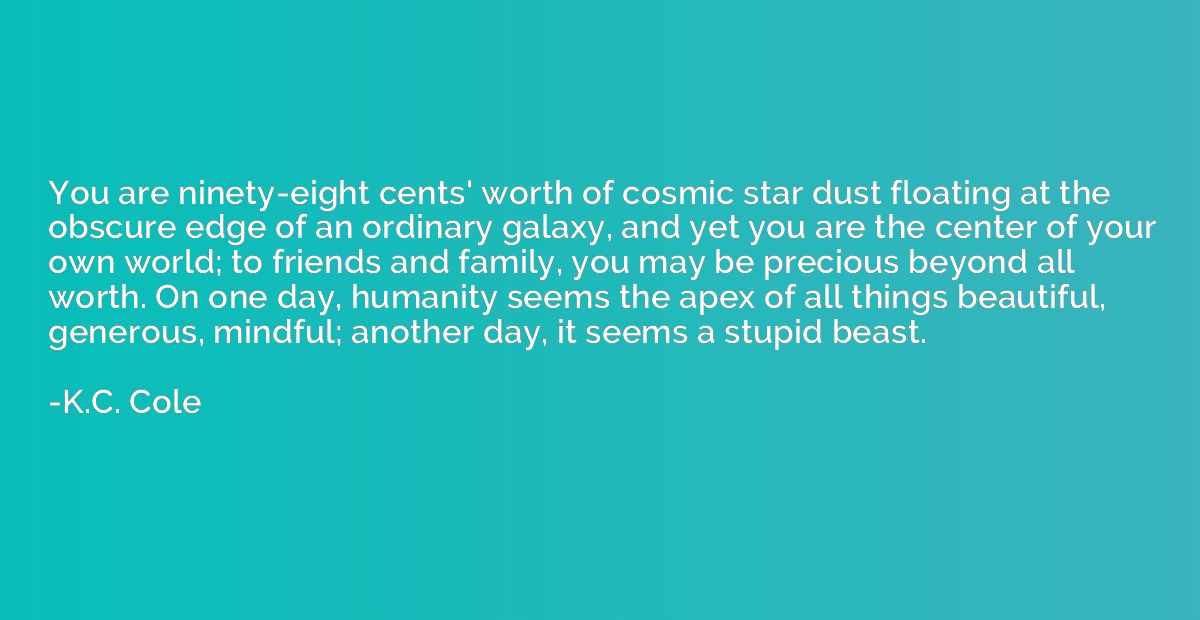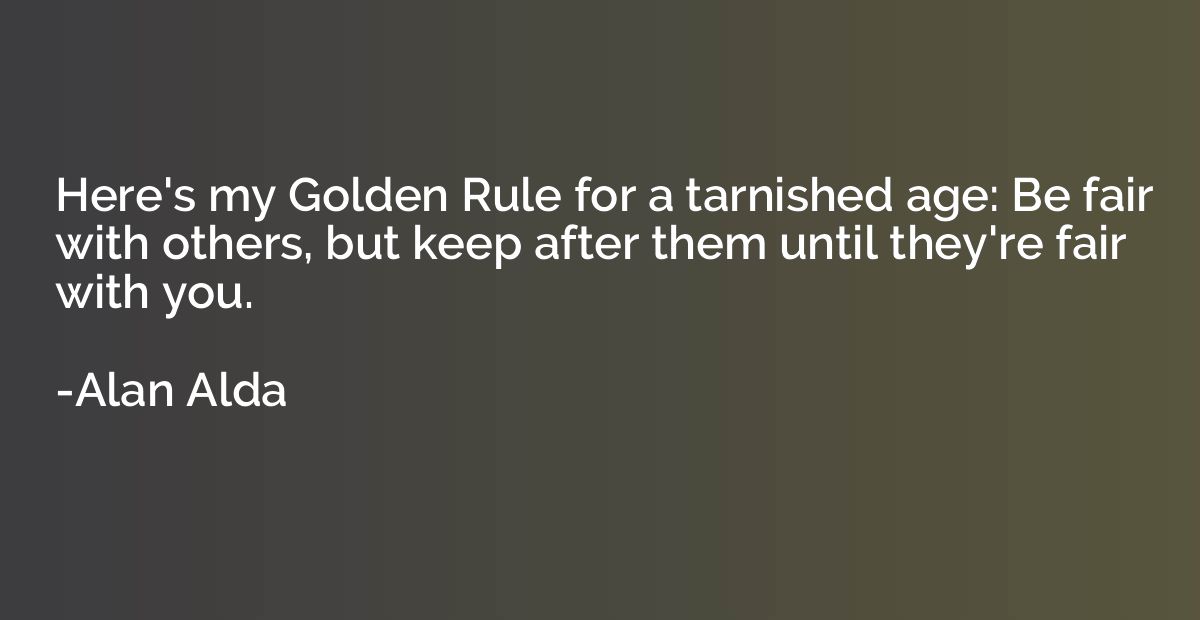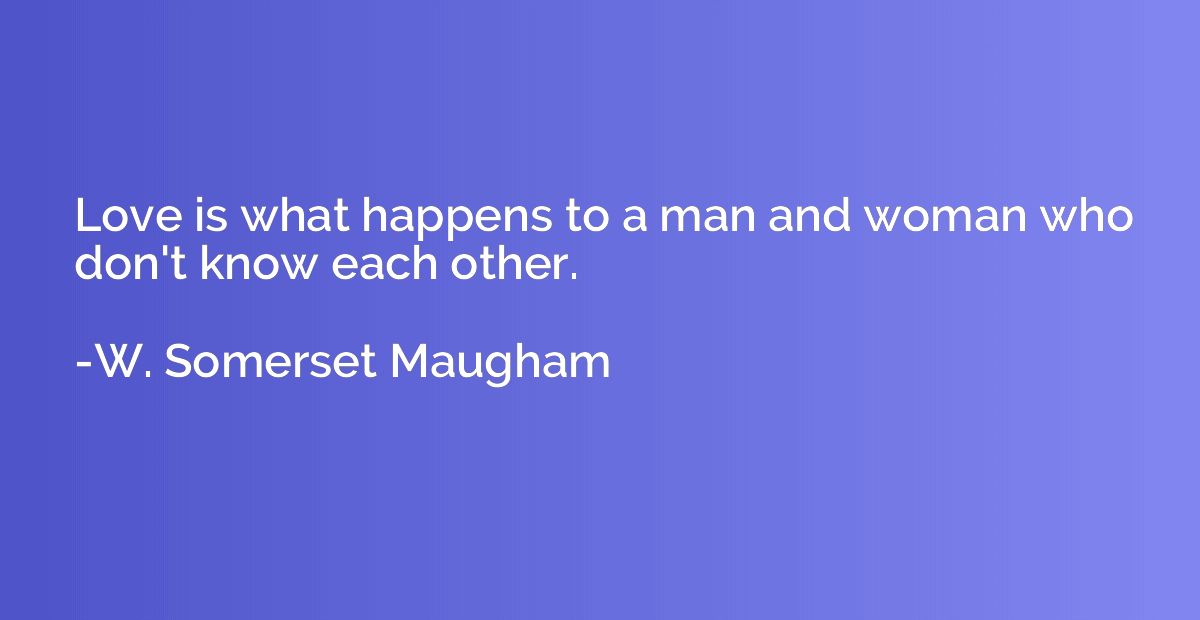Quote by J.K. Rowling
Children being children, however, the grotesque Hopping Pot had taken hold of their imaginations. The solution was to jettison the pro-Muggle moral but keep the warty cauldron, so by the middle of the sixteenth century a different version of the tale was in wide circulation among wizarding families. In the revised story, the Hopping Pot protects an innocent wizard from his torch-bearing, pitchfork-toting neighbours by chasing them away from the wizard's cottage, catching them and swallowing them whole.
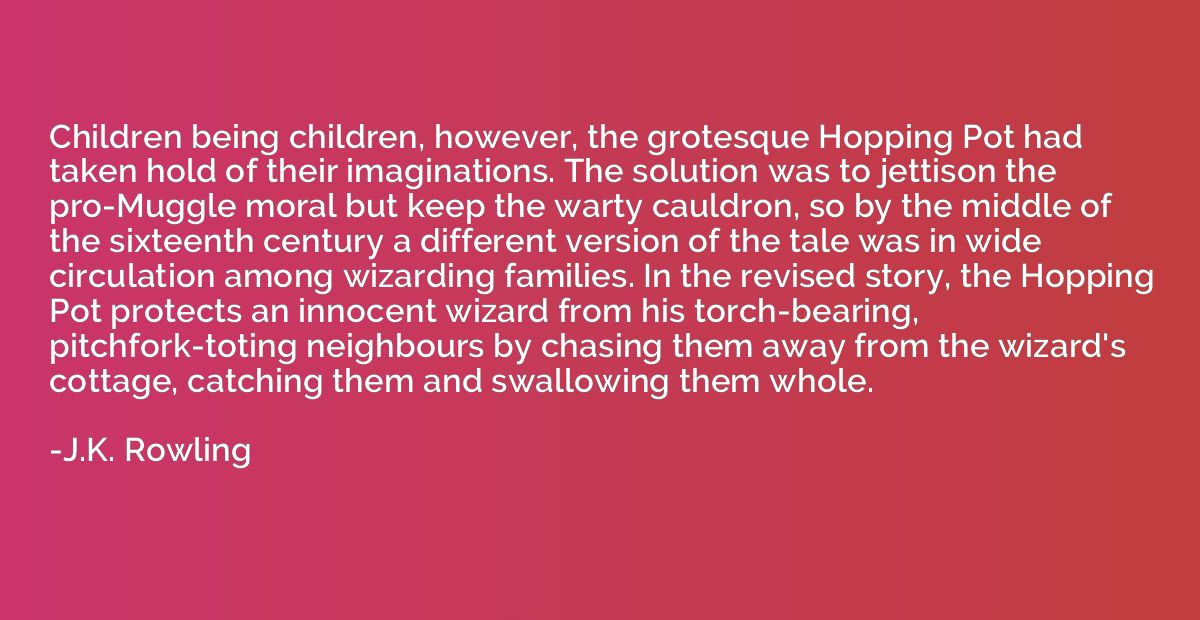
Summary
This quote explains how a children's story, the Hopping Pot, underwent changes over time. Initially, the story emphasized a moral that supported Muggles (non-magical people). However, as children found the grotesque cauldron central to the story fascinating, the moral aspect was discarded. By the 16th century, a revised version of the tale was popular among wizarding families. In this new version, the Hopping Pot serves as a protector, chasing away and devouring the wizard's envious neighbors who threatened him with torches and pitchforks. Thus, through these alterations, the tale transformed into a more exciting narrative with magical elements.
By J.K. Rowling



